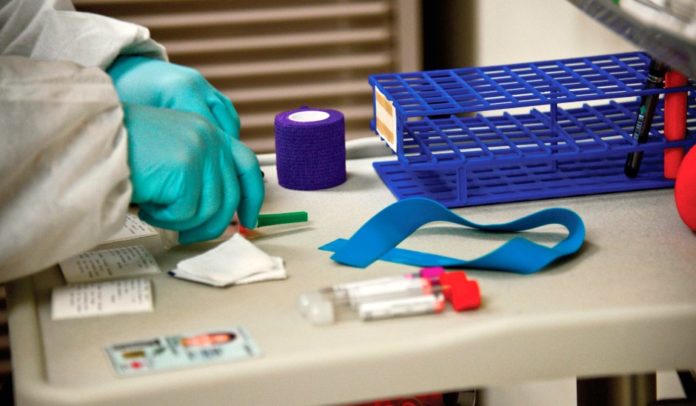Cardiovascular disease is one of the leading causes of death in Canada and the world, with nine in 10 Canadians having at least one risk factor for heart disease or stroke. Cardiovascular diseases are not only difficult to detect early, when risk reducing prevention and treatments are the most effective, but also very complex to treat.
For many years, it seems, researchers have had only a limited understanding of how cell to cell communication occurred during the development of these diseases. That cells can talk to one another via secreted hormones and growth factors is well known. That they also communicate using elaborate messages written in nucleic acids, proteins, and lipids, and packaged in secreted vesicles, is an emerging concept.
These messages were found in what researchers termed “extracellular vesicles”, small membrane encapsulated packages secreted by cells into the circulatory system and found in all bodily fluids. Researchers have been aware of their existence for years, but until the mid-2000s, they were largely dismissed as being cellular debris or perhaps carriers of interesting protein signals. As it turns out, these vesicles are loaded with small molecules that reflect the health and disease of the individual. Equally important, these molecules can serve as messengers, directing recipient cells to change their behavior.
More interestingly, just as cells differ in their protein and gene-expression properties, so too do their vesicles. Despite the large knowledge gap in basic vesicle biology, many researchers’ eyes are fixed elsewhere, specifically on how these vesicles can be used in the clinic. Many researchers are pursuing so-called “liquid biopsies” for predicting the occurrence of deadly cardiovascular diseases. Rather than diagnosing and monitoring diseases through a standard tissue biopsy or non-invasive imaging, doctors can hopefully gather similar information from blood, urine, and other biofluids.
Dr. Jason Fish, Associate Professor of Laboratory Medicine and Pathobiology at the University of Toronto, has uncovered an important potential role of extracellular vesicles in disease. Through examination of the cells that line the blood vessels – endothelial cells – his lab discovered that extracellular vesicles carry anti-inflammatory signals, and go on to affect how the body responds to inflammation in the setting of cardiovascular disease.
The ability of extracellular vesicles to trigger a response upon delivery of their bioactive cargos, have made them attractive markers for the diagnosis and treatment of diseases. It will take considerable effort to convert these initial observations into realities, of course. Yet, given the engagement and motivation of the research community, expect advances sooner rather than later.








































